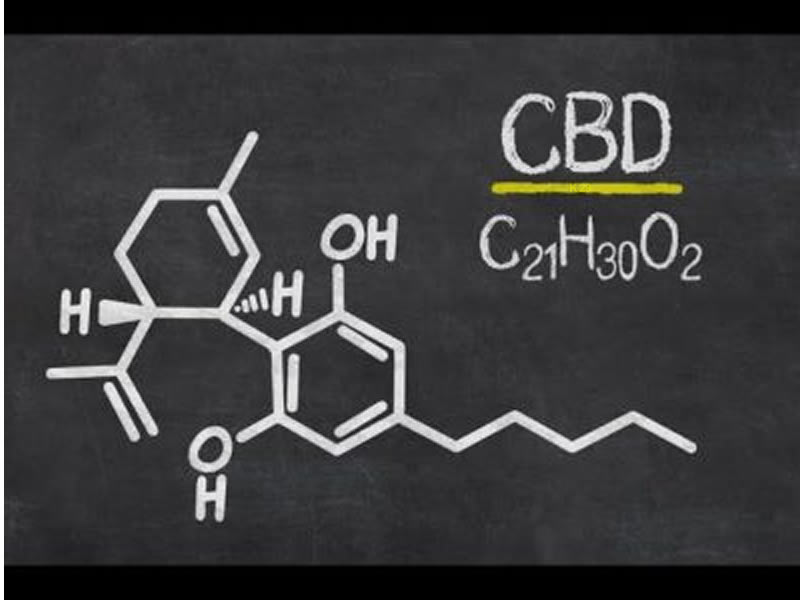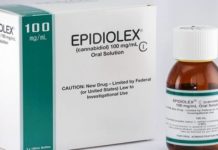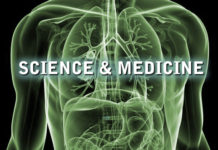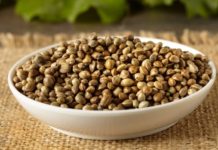Both CBD and THC are marijuana, but while THC gets you high, CBD doesn’t.
As the debate of legalizing marijuana continues the difference between key compounds CBD and THC in cannabis is becoming increasingly important. They both have very different effects and uses that range from recreational to medical.
Despite various public feeling on marijuana, these two compounds (CBD / THC) have specific uses most notably in the medical sphere. The advocacy of many medical professionals has helped the compound CBD gain support for legalization and research.
What’s the Difference Between CBD vs. THC?
The main difference between CBD (cannabidiol) and THC (tetrahydrocannabinol) is that CBD does not induce a high while THC does.
Despite CBD and THC sharing a near exact molecular formula of C21H30O2, and molecular mass of 314.469 g/mol and 314.464 g/mol respectively, the compounds react quite differently.
THC… the psychoactive component of marijuana, induces sleep or drowsiness (a common effect of most strains of marijuana)
CBD… keeps you up and increases energy. And THC is responsible for the feeling of being high or body-high.
When reacting together, CBD actually works against the effects of THC by reducing anxiety, stress or other negative feelings. CBD is often extracted to use separately for non-psychoactive (and non-recreational) purposes.
What Is CBD?
CBD is only one of around 400 compounds in marijuana, and is responsible for counteracting the effects of THC. Although the CBD molecule is almost identical to the THC molecule, but it doesn’t get one high.
CBD has been proven to have many health benefits and uses such as treating anxiety, stress, epilepsy and depression. The compound is non-psychoactive.
Its benefits have been maximized by the retail and medicinal markets, with CBD products including oils, vapes, medicines, skincare and drinks. Cannabinoid oil is a popular product created from CBD.
CBD has even been used for dogs to treat conditions like anxiety, mobility, pain and heart disease. Products like dog treats and oils have become increasingly popular in recent years and are often recommended by veterinarians..
Based on current research, side effects of CBD are rather limited. According to studies some reports of drowsiness, dry mouth and low blood pressure exist, but no links to serious side effects have been found.
Komorn Law provides legal guidance and business consultation to those interested in hemp and hemp derived products. CONTACT: Komorn Law 248-800-656-557 for more information.
What is THC?
THC, or tetrahydrocannabinol, is a psychoactive component of marijuana, although the THC molecule is surprisingly similar to its non-psychoactive counterpart CBD…THC is what gets you high.
THC has properties that have been known to help treat pain, nausea and asthma and even anorexia nervosa. However, as a psychoactive compound its medicinal uses are still controversial.
Some common negative side effects of THC include reduced cognitive functions, anxiety, paranoia, dry mouth, lethargy, red eyes and increased appetite. The positive effects of THC include increased relaxation, joint and headache relief and more. The increased appetite is often viewed as a positive affect with chemotherapy patients suffering loss of appetite and individuals suffering from eating disorders.
Health Benefits of CBD and THC
The health benefits of CBD have been widely researched. With its non-psychoactive status CBD has been known to treat health problems, most notably epilepsy.
The FDA is aware that “marijuana or marijuana-derived products are being used for a number of medical conditions including, for example, AIDS wasting, epilepsy, neuropathic pain, treatment of spasticity associated with multiple sclerosis, and cancer and chemotherapy-induced nausea,” according to their website.
THC, while not used for quite as many applications as CBD boasts quite a few health benefits itself. In cannabis-oil form, studies have shown that THC can be used to treat neurodegenerative disorders, including Alzheimer’s and Parkinson’s. These studies also showed that THC can ease pain and help alleviate multiple sclerosis.
Anxiety – CBD vs THC
CBD has been used as an anxiolytic, or anxiety-treating drug, to some success. Studies show its potential to treat not only anxiety but also depression, PTSD, and obsessive-compulsive disorder.
THC has mixed reviews when it comes to treating anxiety. Due to its psychoactive nature, THC has been linked to feelings of anxiety or paranoia . The concentration of THC present is largely responsible if the consumer feels anxious or not , so the appropriate dose is important.
Negative Effects
Studies so far have shown relatively few negative side effects of CBD and THC use. However, some studies show that the neurotransmission systems involved in processing CBD can be linked to cannabis addiction and dependence, and found links to the three stages of addiction. Positive effects were also found in the study.
Additionally, the THC compound in marijuana can have varying effects on stimulating anxiety. Studies have shown increased anxiety with marijuana use, but vary depending on the individual’s preconditions to anxiety and/or paranoia.

















